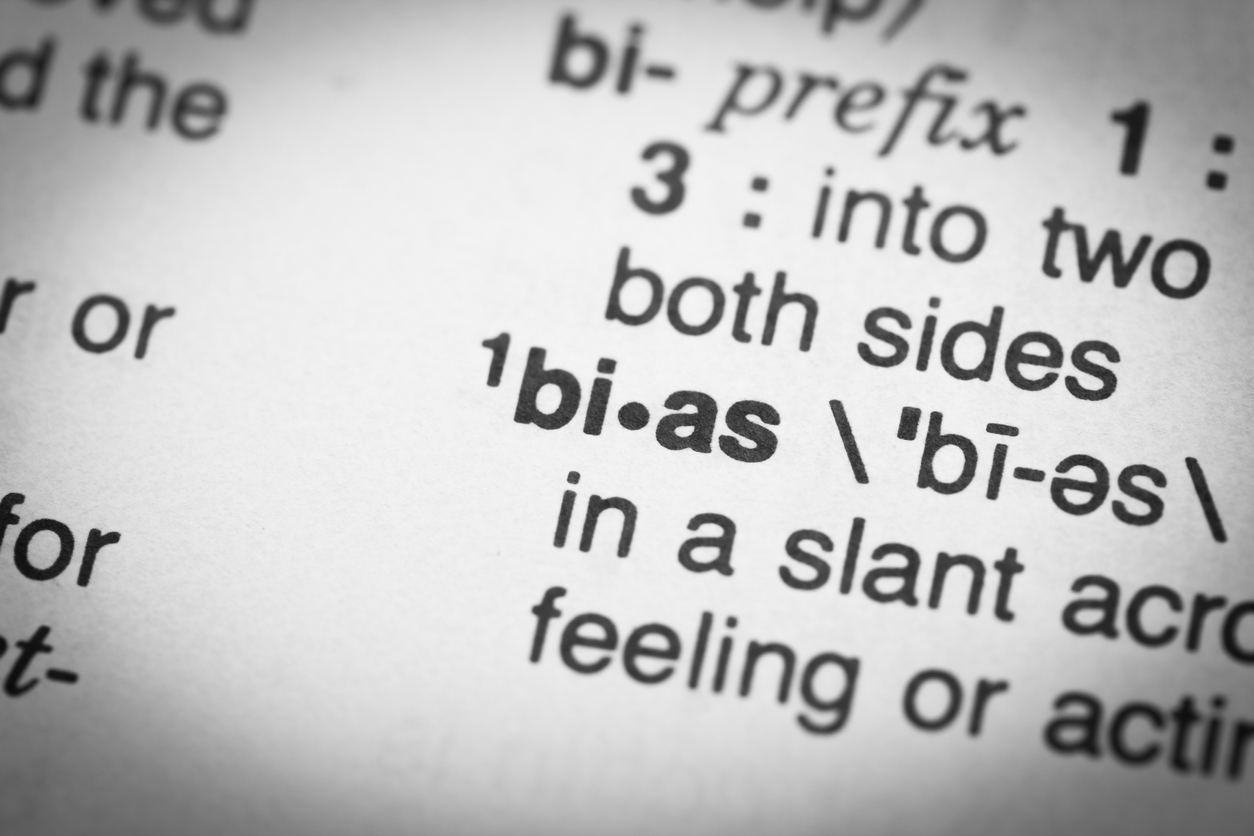Steve Badger sent me a legal brief in response to my Wednesday post, Are Insured-Appointed Appraisers Without a Public Adjuster License Breaking the Law? Badger’s brief is worth reading because it raises the issue of whether insurance appraisers can be biased and show favoritism to the party that appoints them. I know thousands of readers will point the finger at Badger, claiming that his insurance company clients always appoint biased appraisers. I agree. But my bet is that Steve Badger will say, “prove it!”
The brief has a citation to a case, Travelers Casualty Insurance Company v. Mudd’s Furniture Showrooms, Inc.,1 which involves a public adjuster, Chuck Howarth, who I have a great deal of respect for and have known for over 30 years. Chuck was on the founding Board of Directors for the Florida Association of Public Insurance Adjusters (FAPIA.) He is a past president of FAPIA. In addition, he was on the Board of Directors for the National Association of Public Insurance Adjusters (NAPIA). Chuck Howarth moved to Tennessee a long time ago and often serves as an appraiser.
The federal judge’s comments in that case are ideas and warnings that I suggest all appraisers consider:
“It is not the Court’s intention to suggest that the Howarth Group is incapable of performing appraisal work in a fair and impartial manner. The firm has obvious expertise. The Court is merely concluding that, under these facts, the Howarth Group crossed the line. The word ‘impartial’ means unbiased and disinterested—not favoring either side over the other. … Rather than being disinterested and agreeing to undertake the task of rendering a fair and impartial appraisal, no matter the outcome, Howarth concluded from the outset that it could add ‘“scope’ to the project, going so far as to promise the insured that if it could not add value, it would charge nothing for the effort. While adding value is the understandable desire of the insureds, an impartial appraiser should not begin his work with this as the goal. Howarth might ask here, ‘why should we get involved if we don’t think we can help the policyholder add value to the claim?’ The answer is: get involved as an adjuster, not as an appraiser, if it is your desire to help the policyholder. Again, an appraiser must not show bias or favoritism to any party or do the partisan bidding of one side.”
The point of my blog on Wednesday was that the business of acting as a public adjuster is different than the business of acting as an appraiser. This federal judge recently found the same. The judge provides a lesson on the type of evidence that may show proof of bias. This case strongly suggests that appraisers in the vast majority of states avoid a “contingent fee cap” arrangement if they want to avoid allegations of bias:
The fee arrangement in the original Appraisal Employment Agreement between Howarth and Mudd’s was for an hourly rate of $375, with the total fee to be capped at no more than 30% of any additional amounts recovered by Mudd’s through the appraisal process (a ‘contingency fee cap’ arrangement). Furthermore, the agreement stated: ‘should the process produce no additional settlement then no fee will be due.’ Also, later during discovery it was learned that Jaggers and Howarth had discussed a general ‘bird-dogging’ relationship whereby Jaggers would be paid a referral for all business he would bring to the Howarth Group. Specifically, in this case, Howarth agreed to pay Jaggers a 15% referral fee for the appraisal work, to be paid from Howarth’s fee as the appraiser. In addition, Howarth promised not to “fee on any line-items agreed to between them and the Traveler’s adjuster (or appraiser).
…
In Veranda Gardens, the court strongly suggested that a contingency fee arrangement would render an appraiser not impartial because it would generate a ‘personal stake in the appraisal results. Veranda Gardens, LLC v. Secura Ins., No. 3:18-cv-611-DJH-RSE, 2019 WL 2438788 (W.D. Ky. June 11, 2019). When appraisers have a contingency fee arrangement in place but later retract it, like what Howarth did in this case, courts have still found the agreement to improperly affect the appraiser’s ability to be impartial….
Howarth’s initial fee arrangement clearly incentivizes him to expand the scope of loss in this case. Whether the fee arrangement was modified to remove such provisions is disputed, but the fact that it was there at the beginning is indicative of Howarth’s mindset with respect to the appraisal. Howarth initially proposed the contingent cap because he wanted Mudd’s to ‘benefit’ from his appraisal. An appraiser must not show bias or favoritism to any party or do the partisan bidding of one side.
When giving lectures about how property insurance appraisers should ethically go about their business, I try to make the point that all appraisers should honestly determine the full amount of the policyholder’s claim. This is often not an easy task. It requires time, diligence, and expertise. It also takes courage because the honest finding may not be what the person appointing the appraiser was hoping as the result.
During those same appraisal seminars and lectures, I sometimes question whether appraisers are bragging about their results on social media or the internet. Badger’s brief has such evidence. Whether it will hold up as enough proof of bias is to be determined. But if you want your credibility for being an honest appraiser questioned, all you have to do is advertise or brag about results on social media and make otherwise private dispute resolutions public.
Thought For The Day
There is a difference between conceit and confidence. Conceit is bragging about yourself. Confidence means you believe you can get the job done.
—Johnny Unitas





